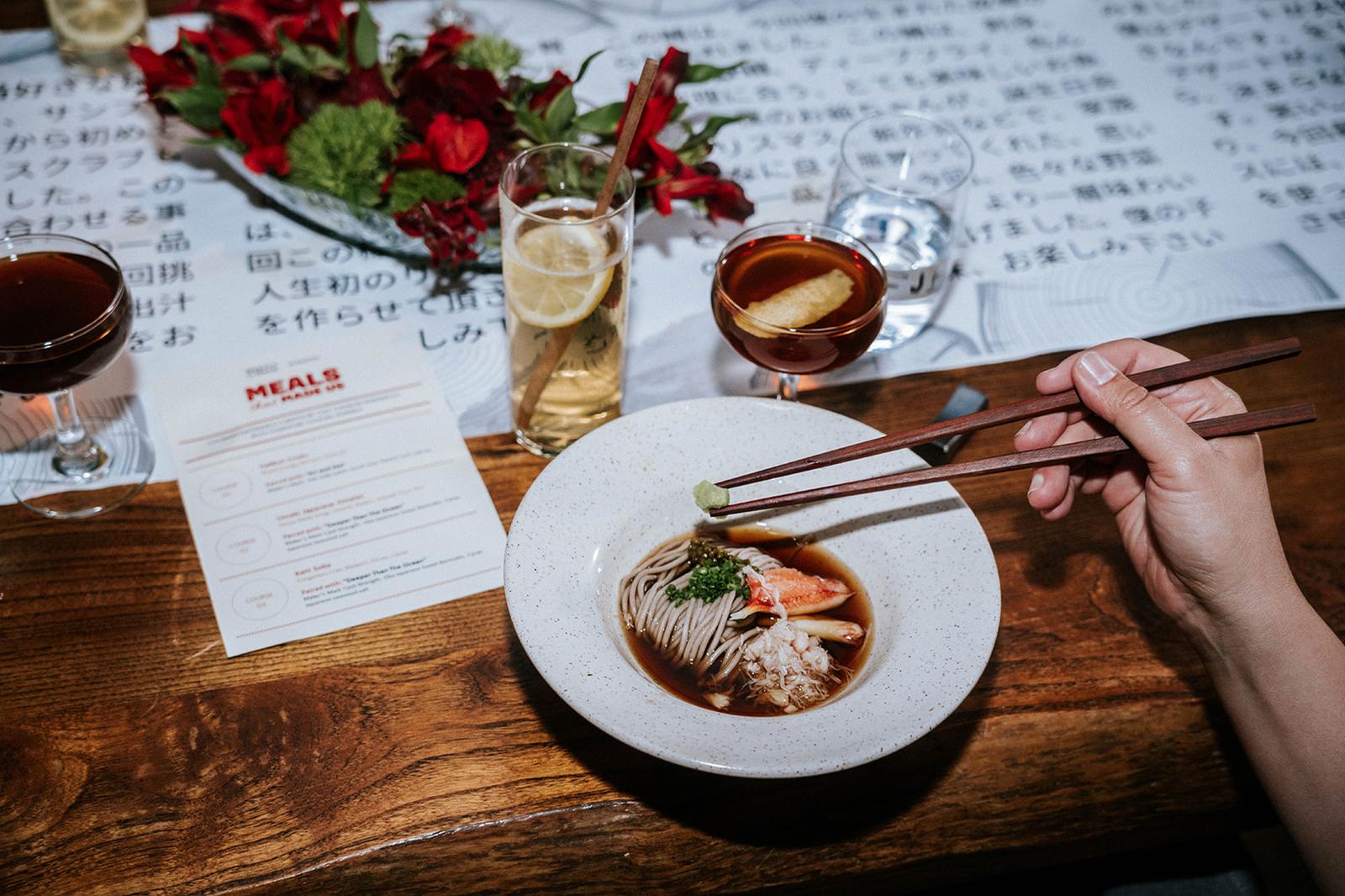Experts have reported that food trucks are an industry worth more than $1 billion. More than 4,000 food trucks are operating around the country, averaging six-figures worth of yearly sales — and cities like Atlanta even have their own food truck parks. In short: business is a-booming’.
So for events, especially those that are fully or partially outdoors, a food truck can be a great option for feeding guests in a fun, unique, and easy way. Intrigued? Read on to find out more.
They offer options
Unlike traditional catering companies, many food trucks offer options in terms of whether you’d like to hire them to cater (in which case, you’d pay for the food upfront and guests would be served free of charge) or simply have them as an on-site vendor (wherein they’d sell their items to guests for the normal price). The former is generally the option for more intimate events like a wedding reception, while the latter is a great option for bigger, more casual affairs. If they’re merely selling at the event, it may help to discuss a minimum cost that must be paid, to assure the food truck that having them at the event will be mutually beneficial.
They draw crowds
Due to the niche food offerings (like a truck that just makes different types of grilled cheese or a sushi burrito truck) and unpredictable location, these mobile eateries tend to amass a cult following. Therefore, promoting a popular food truck in your area that’s being tied to your event is a great way to increase ticket sales or RSVPs. Plus, it’s recommended that you should have at least 1 food truck per every 200-300 attendees , if the event is food-centric, like a food or drink festival. For less food-focused events, it can be closer to one truck for every 500 attendees . Got multiple food trucks? Make sure there’s lively music playing to keep people having fun when lines form to order food.
They make pleasing different palates easy
For smaller events, it’s wise to request any food restrictions or allergies be submitted well in advance of the event so you can choose food trucks accordingly. For large events, it’s advisable to plan ahead with multiple options for attendees who are gluten-free, vegetarian, or have nut allergies, for example. Picking food trucks that offer a wide variety of options is your best bet to ensure there’s something for everyone without spending a ton of extra dollars on specific catering options that may or may not get eaten.
They’re (usually) low maintenance
The convenience of having a food truck is easy to see — most can simply drive up to a designated space, park, and serve up food for the duration of the event. There’s no extensive load-in process or need to carry heavy food trays and dishes. Food trucks have more ownership and knowledge of their food, and most bring their own trash receptacles for easy cleanup (though it couldn’t hurt to supply a few extra trash cans and recycling bins). To keep things seamless, though, it’s advised to have a conversation about specifics beforehand, so trucks know details about things like when to arrive, where to park, how many guests they should anticipate, and how payment will be handled.
They’re fun!
Rarely will you see a food truck at an event that a guest would deem “boring” or “stuffy.” Food trucks add an element of color, excitement, and interest that can instantly liven up a crowd. Clients of ours who use Tripleseat as an effective catering software include Steuben's Food Truck in Denver, CO, Heim Barbecue Catering and Food Truck in Fort Worth, Texas, The Guava Tree Truck in McKinney, Texas, Chickie's and Pete's Crabfries Express Food Truck in Philadelphia, Pennsylvania, and Chef's Table Food Truck & Catering in Bozeman, MT. They all offer tasty, inventive dishes that keep people eating, Instagramming, and, most importantly, coming back for more.
Editor's Note: This post was originally published on the Gather blog.



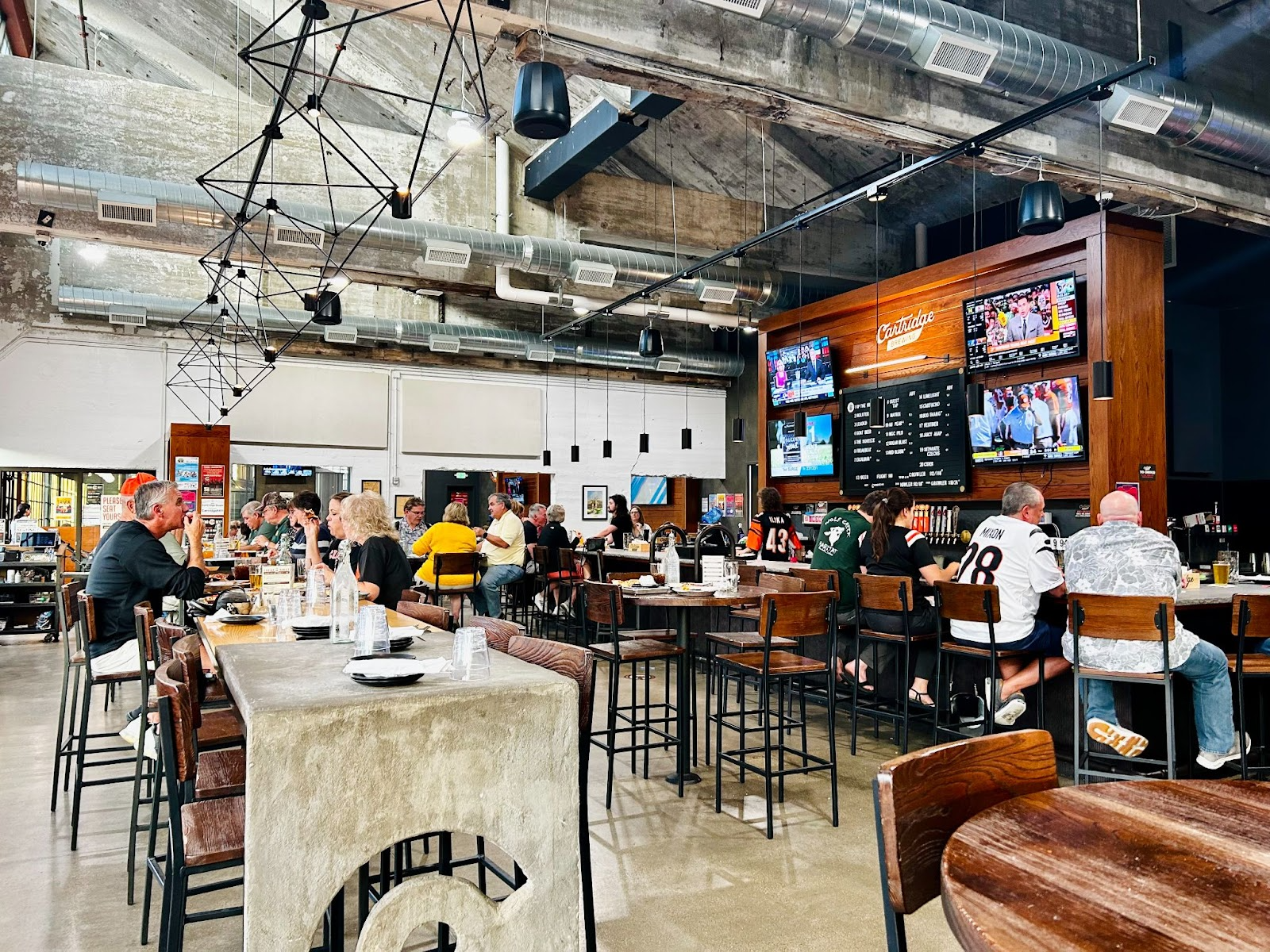
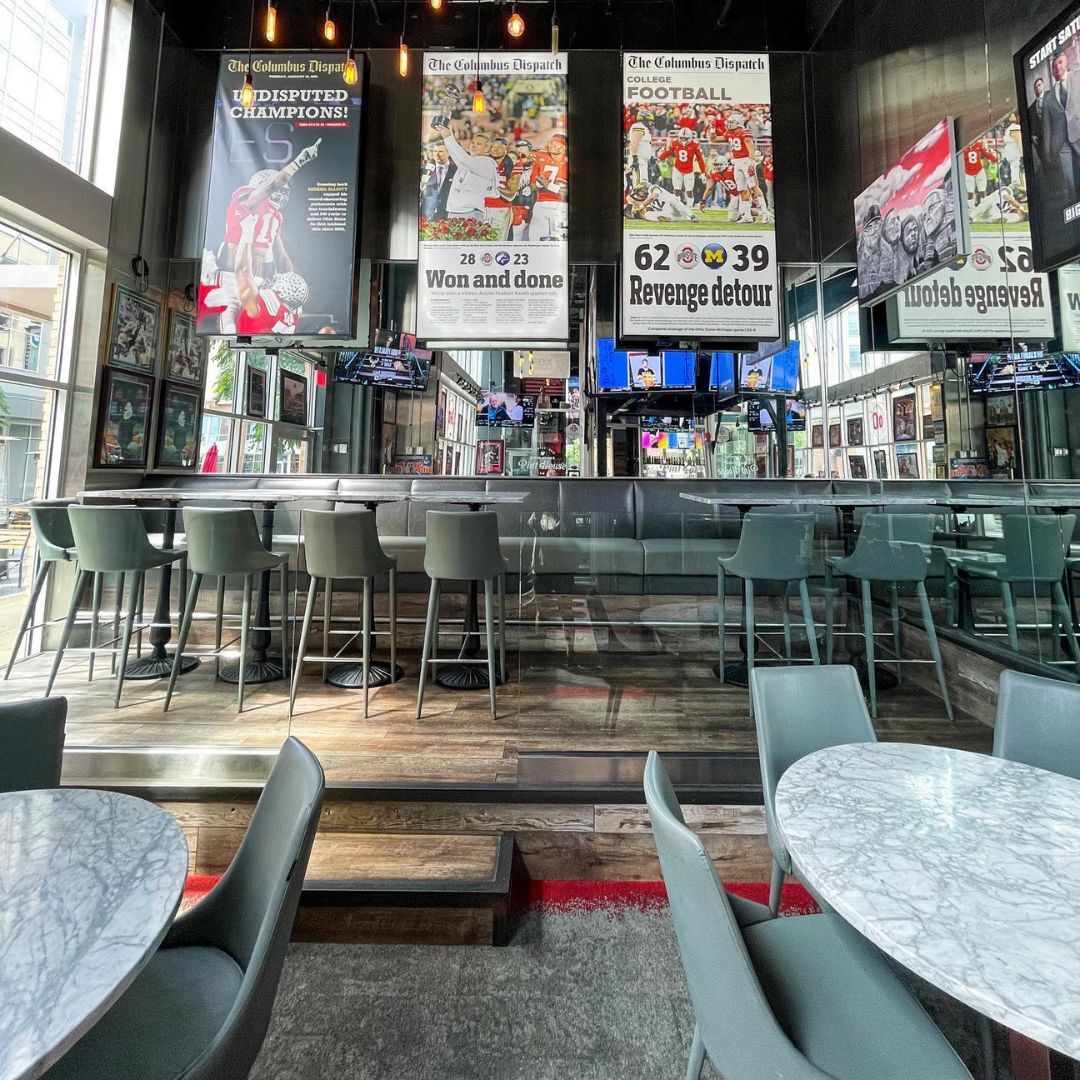
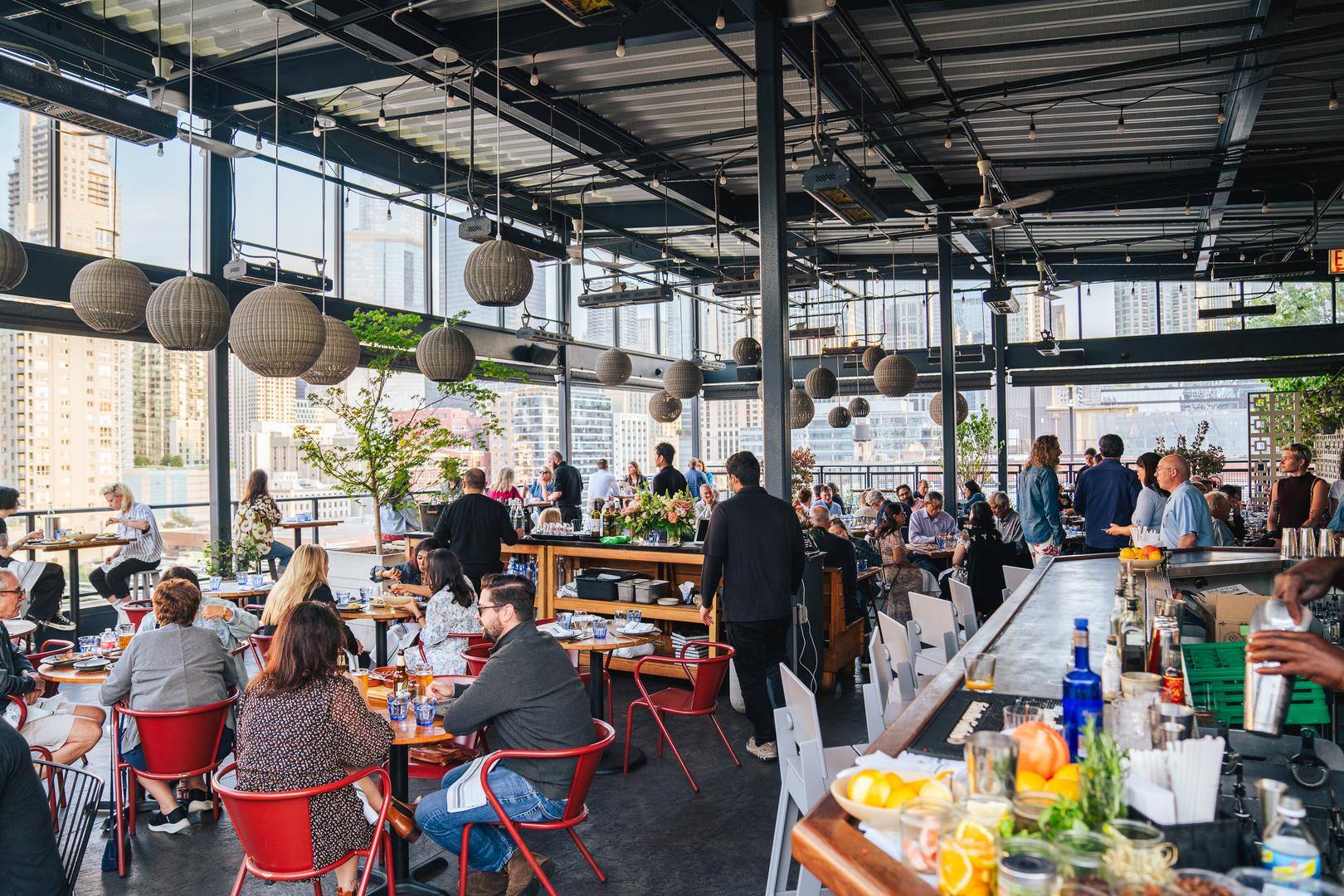


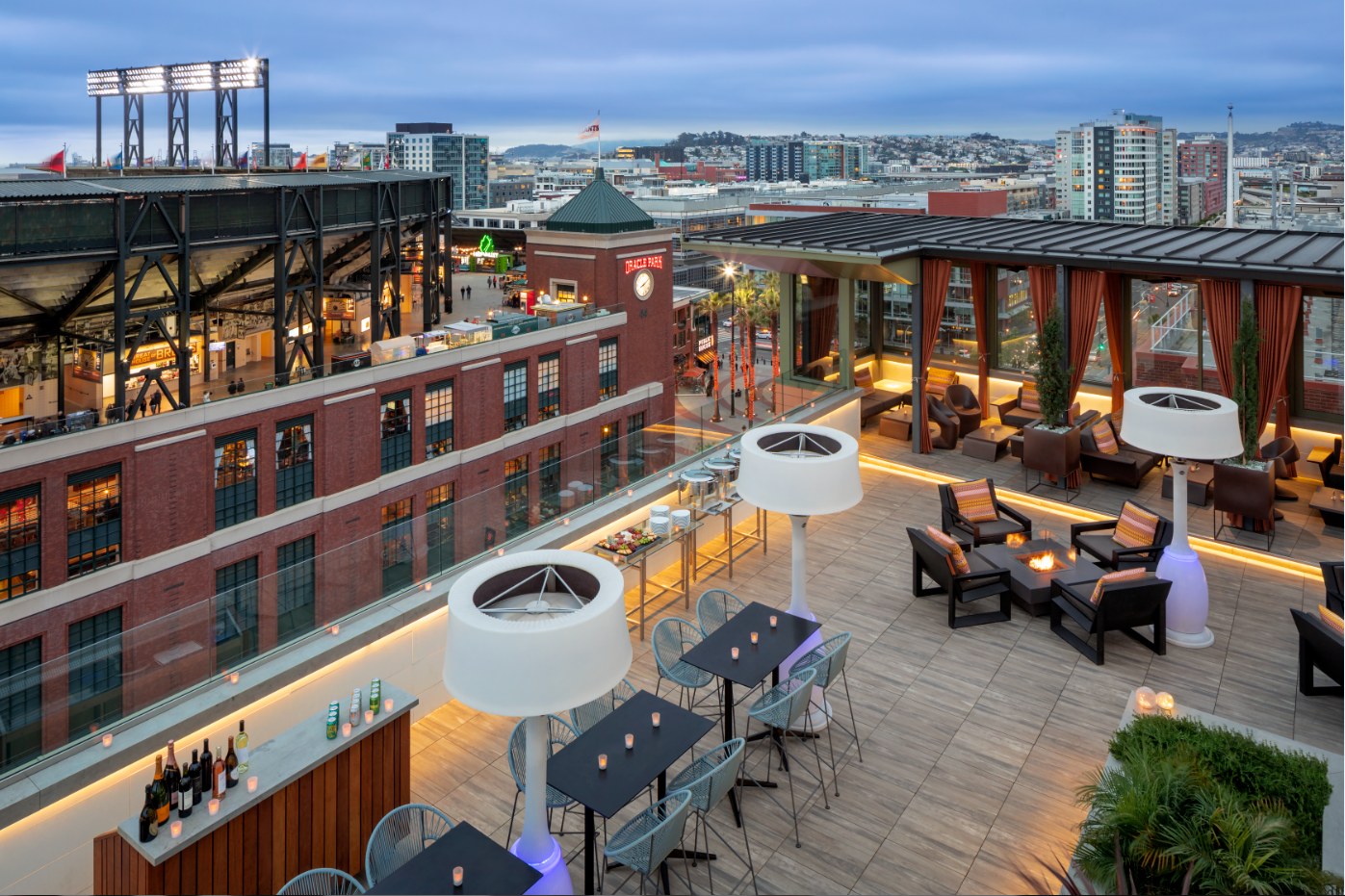
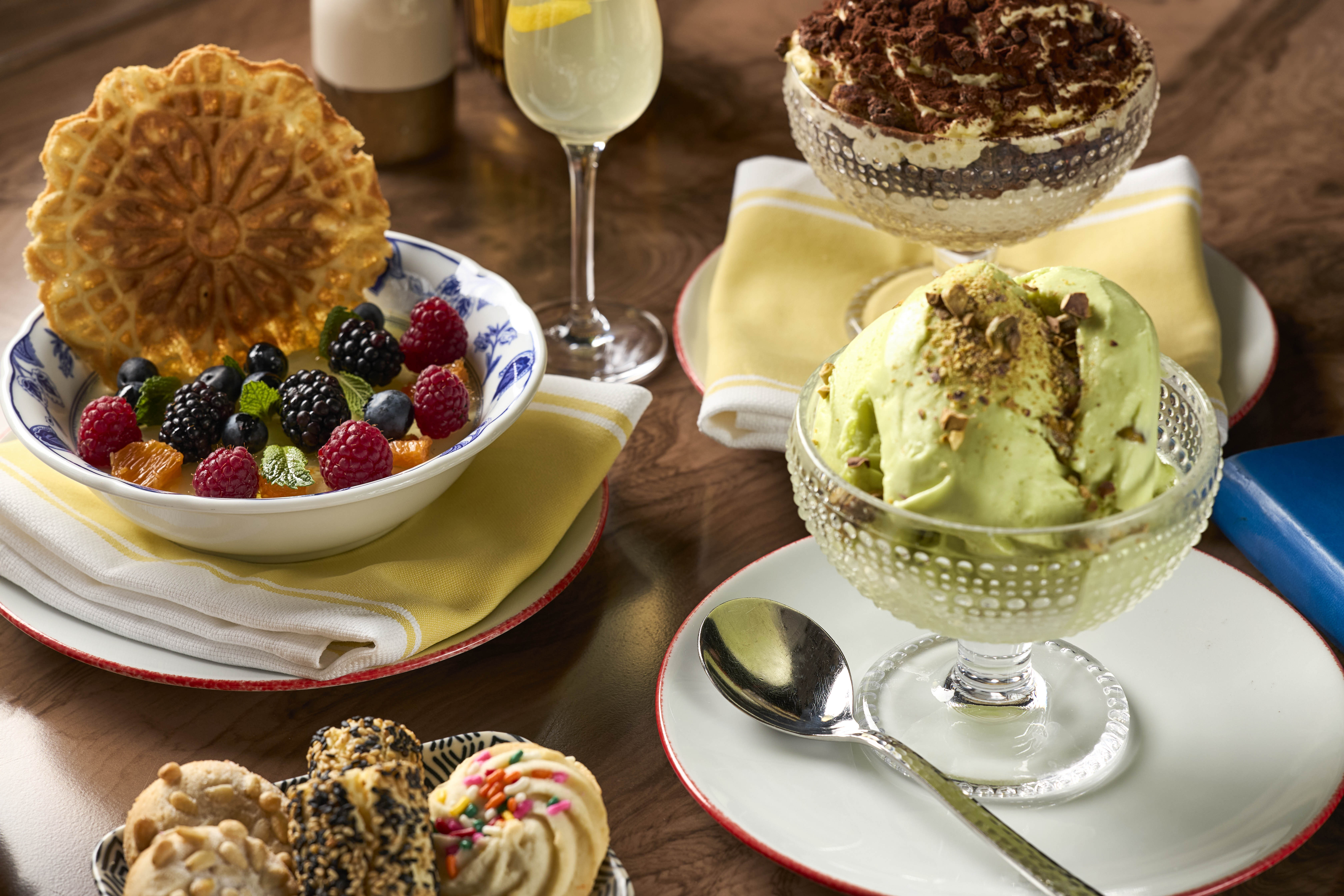


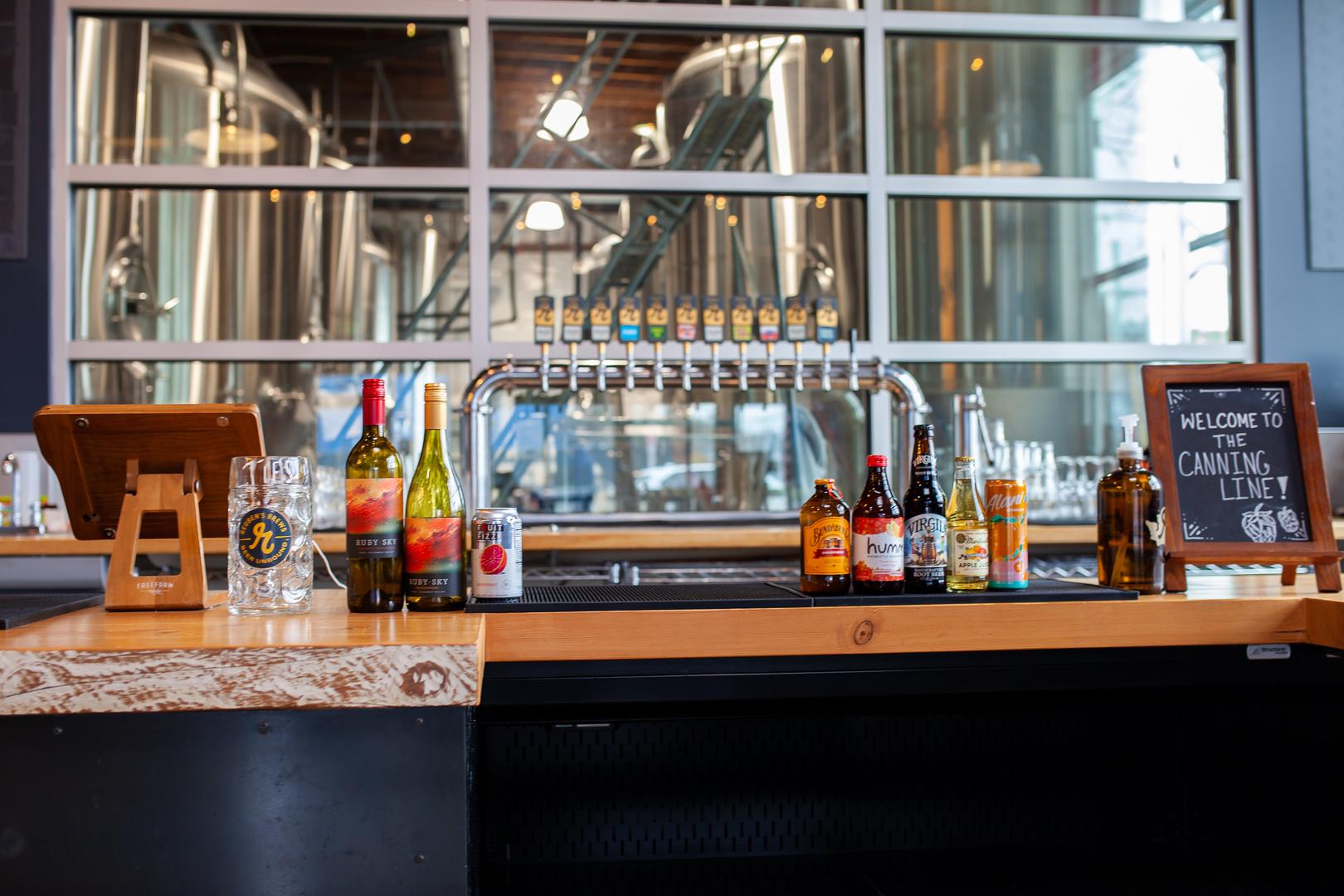
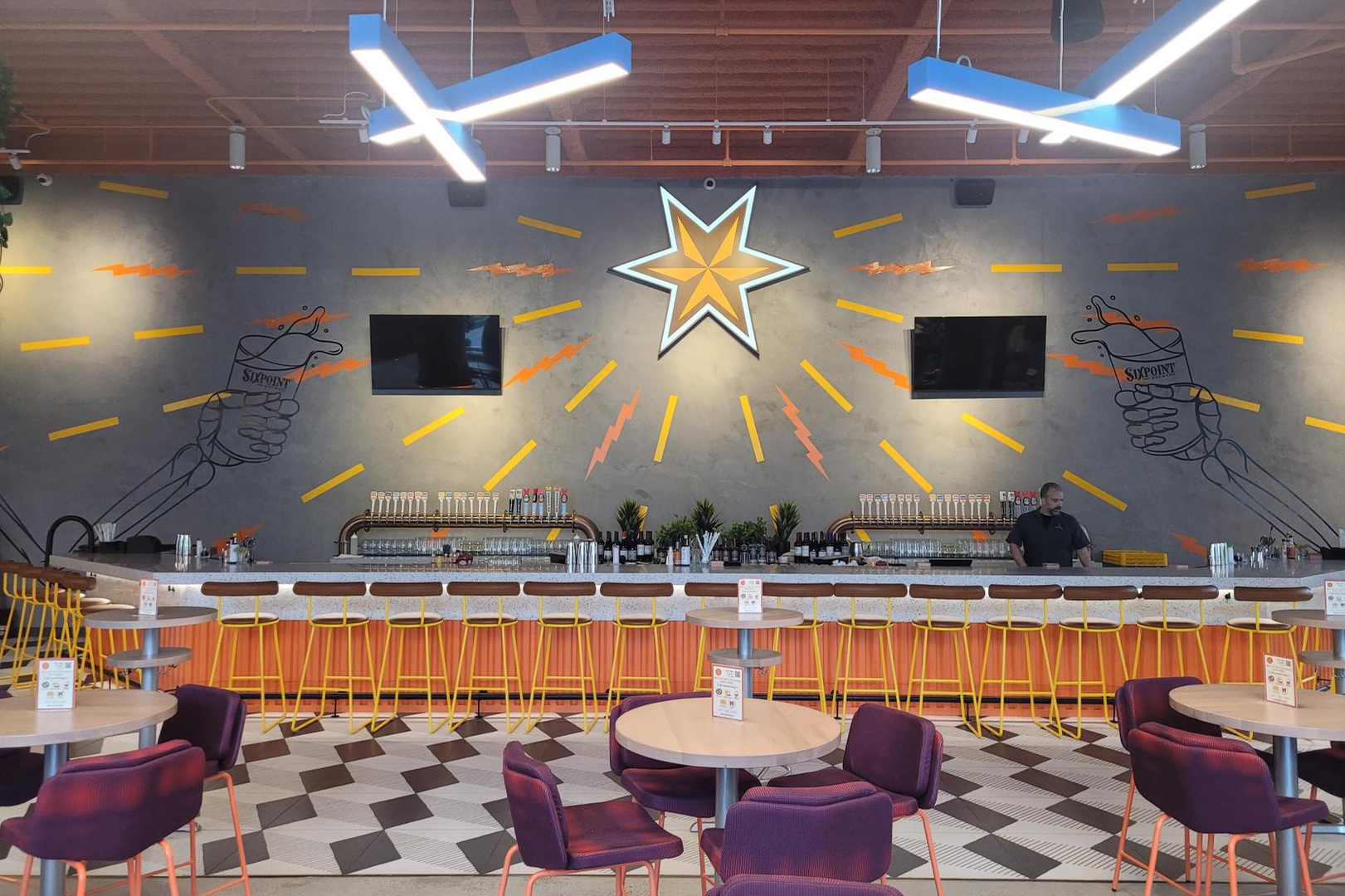
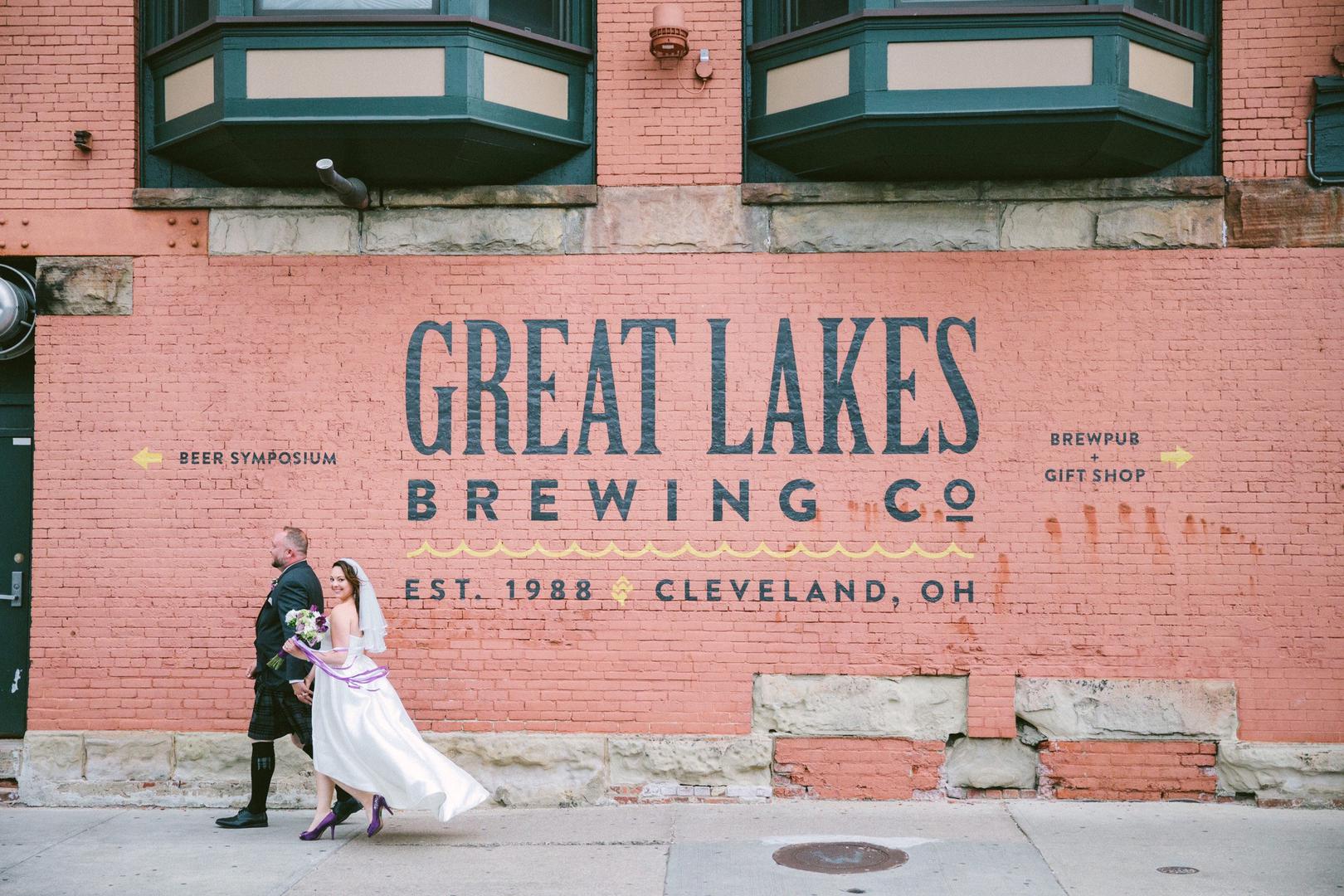
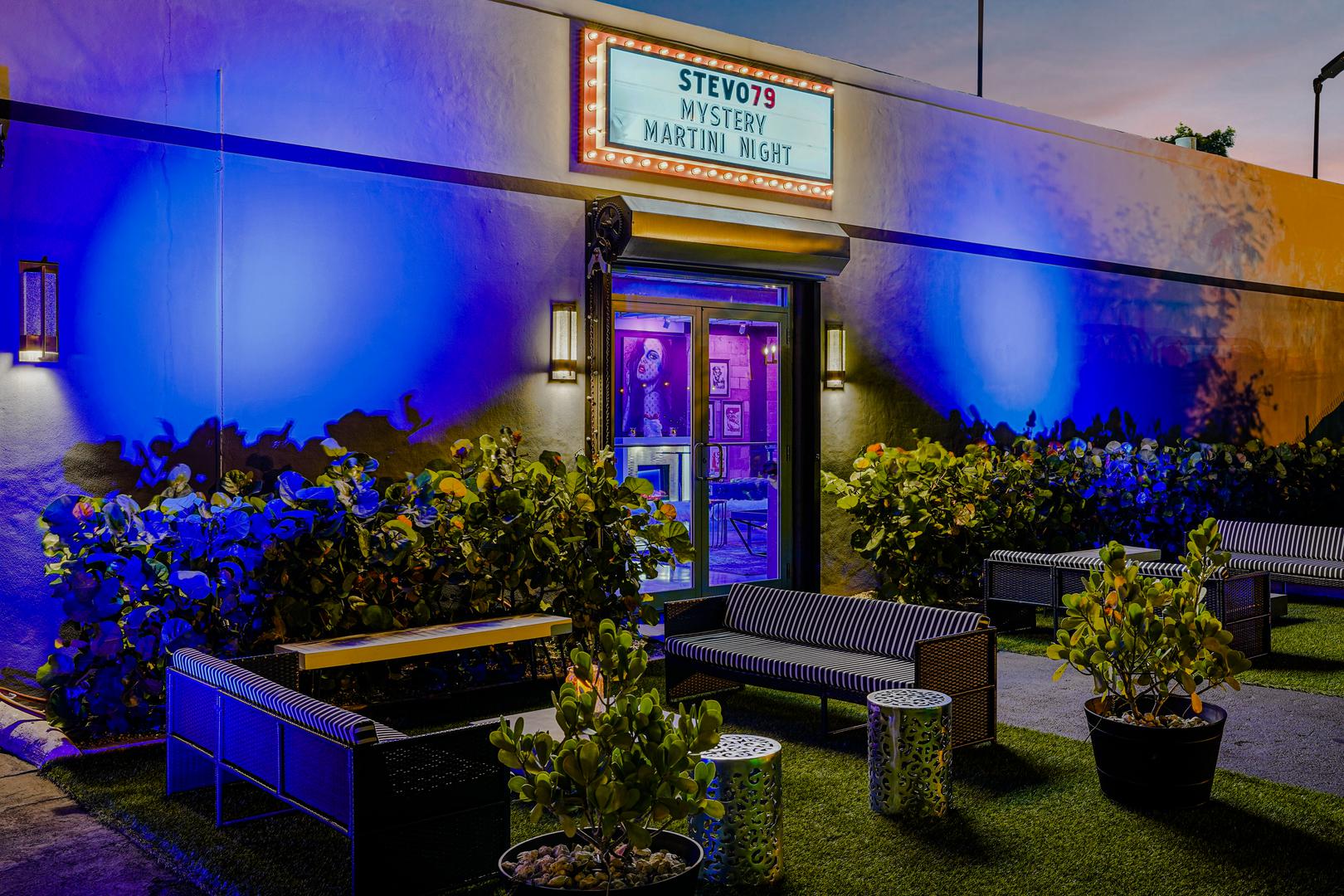
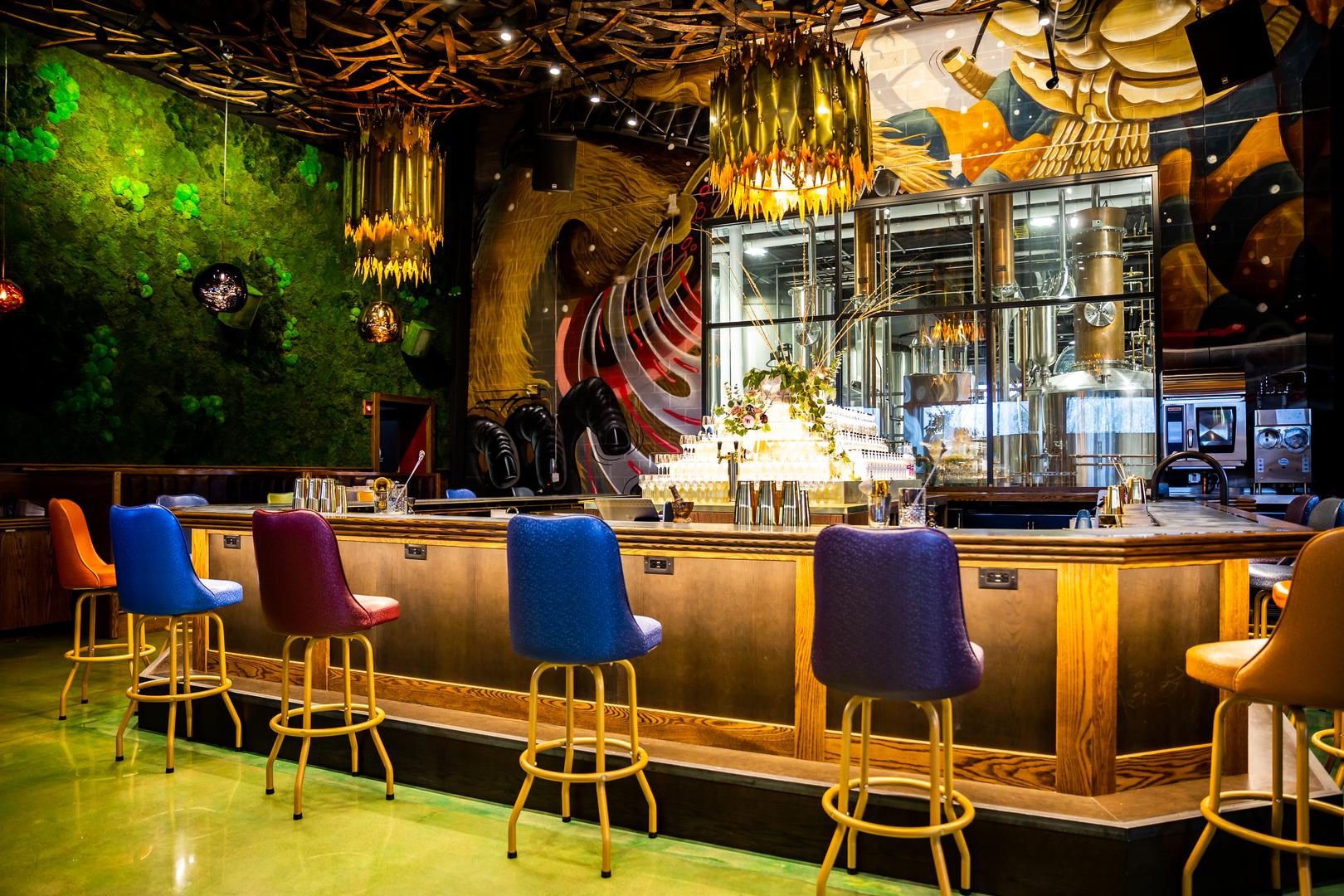
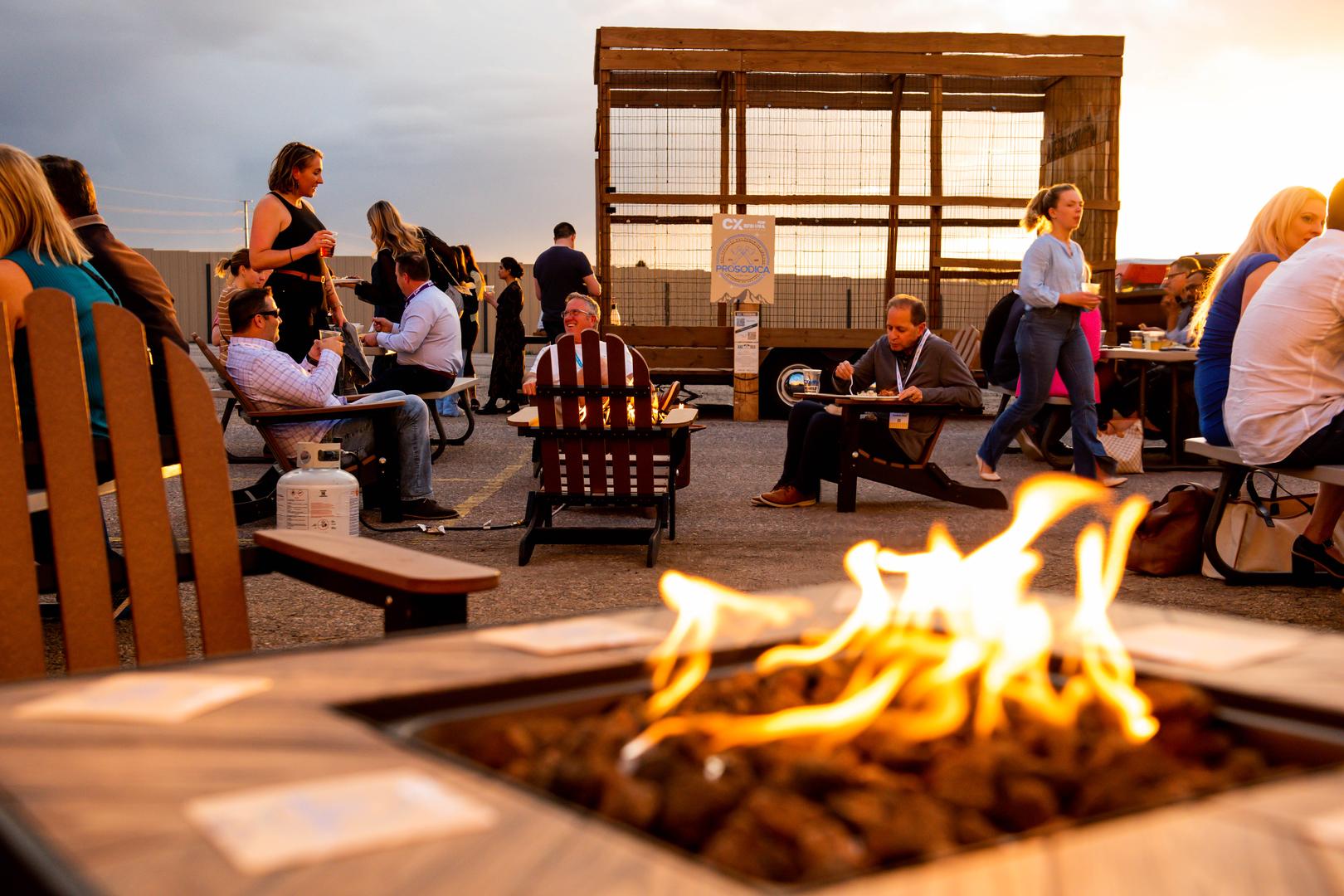

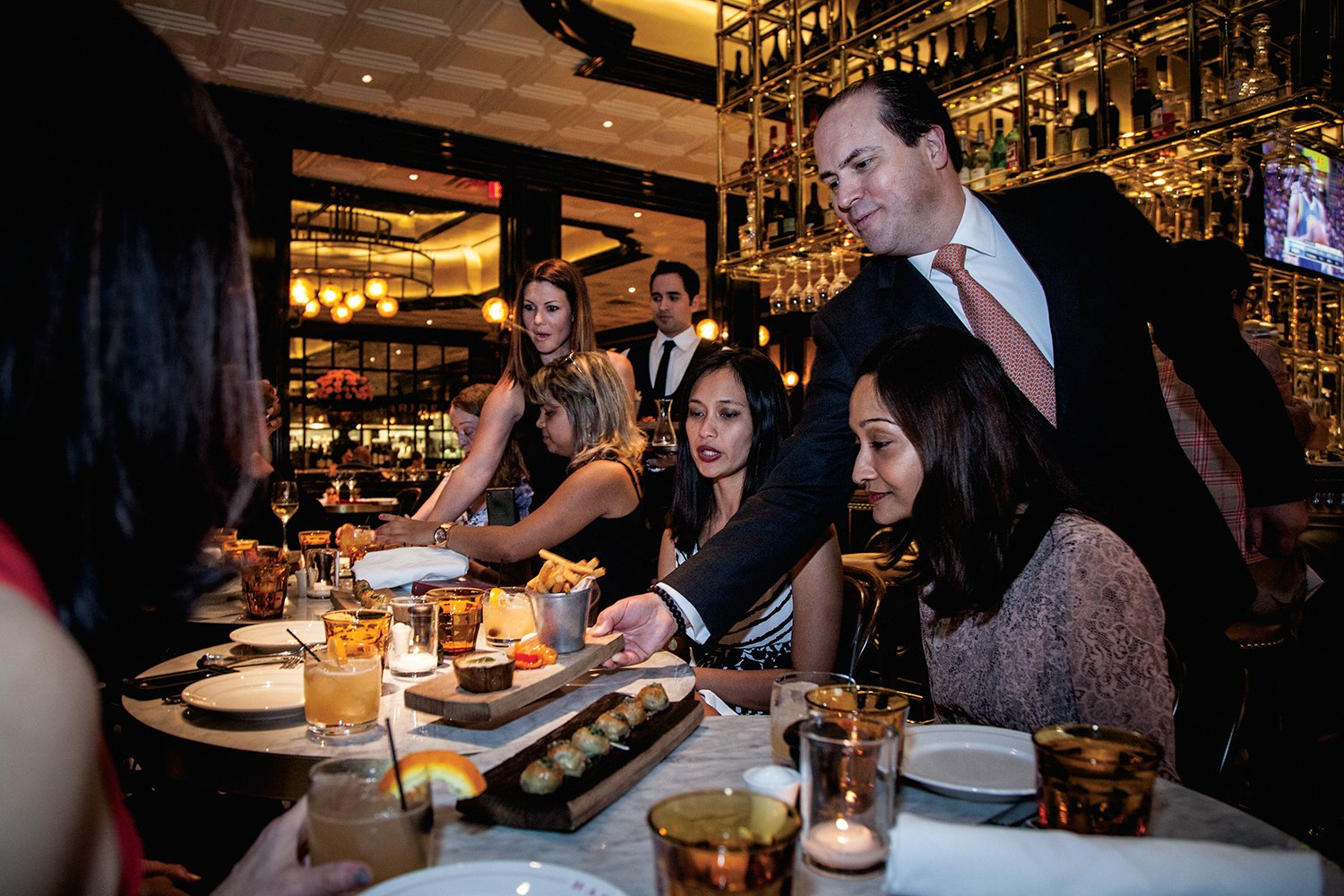
%20Where%20to%20Eat%20Near%20Willis%20Tower%20in%20Chicago.png)
